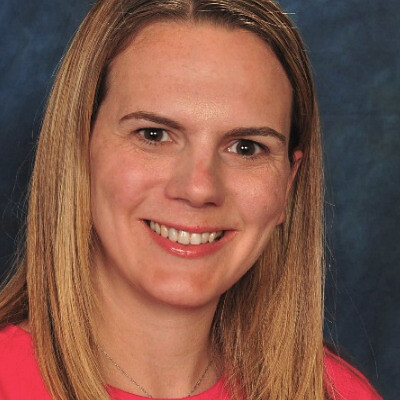Impact of Age on Facilitator Evaluations of Team Observed Structured Clinical Encounters (TOSCEs)
Objective: This study evaluates the impact of age on facilitator evaluations of team performance during interprofessional Team Observed Structured Clinical Encounters (TOSCEs).
Methods: TOSCEs included students from pharmacy, physician assistant, dental hygiene, and nursing schools utilizing paid actors as standardized patients. Students were assigned 30 min peer-evaluated patient cases focused on interprofessional collaboration in a medical emergency involving opioid use. Cases were run 16 times with 2-3 learners per case. Case A involved a young adult (Age: 25) and Case B an older adult (Age: 65). All other case aspects were identical. Facilitators observing each TOSCE completed Interprofessional Collaborator Assessment Rubric evaluations based on eight questions derived from Interprofessional Education Collaborative competencies. Means were quantified for each question: not observable=1, minimal=2, developing=3, competent=4, and mastery=5. Facilitator evaluations were compared for overall team performance utilizing means.
Results: A total of 74 students completed the TOSCE sessions (37 in each case). Facilitator assessments utilizing the ICAR rubric indicated consistently higher mean scores for Case A (young adult) across all eight evaluated domains versus Case B (older adult). Teams showed stronger integration of information from others (A:3.8/5, B:3.3/5), more frequent sharing of information with the patient (A:3.6/5, B:3.4/5), and greater integration of the patient’s beliefs and values (A:3.5/, B:2.9/5). They also showed increased sharing of information with other providers (A:3.9/5, B:3.2/5), more frequent seeking of patient approval when sharing information (A:3.6/5, B:3.1/5), greater use of communication strategies (A:3.7/5, B:3.0/5) and active listening (A:3.9/5, B:3.1/5), and a higher level of contribution to team discussions (A:4.0/5, B:3.4/5).
Conclusion: These findings suggest teams were more likely to incorporate diverse perspectives, communicate effectively, and engage patients in decision-making when working with younger patients.
Implications: This results of this study indicate health professional students require additional training when caring for older adult patients.









